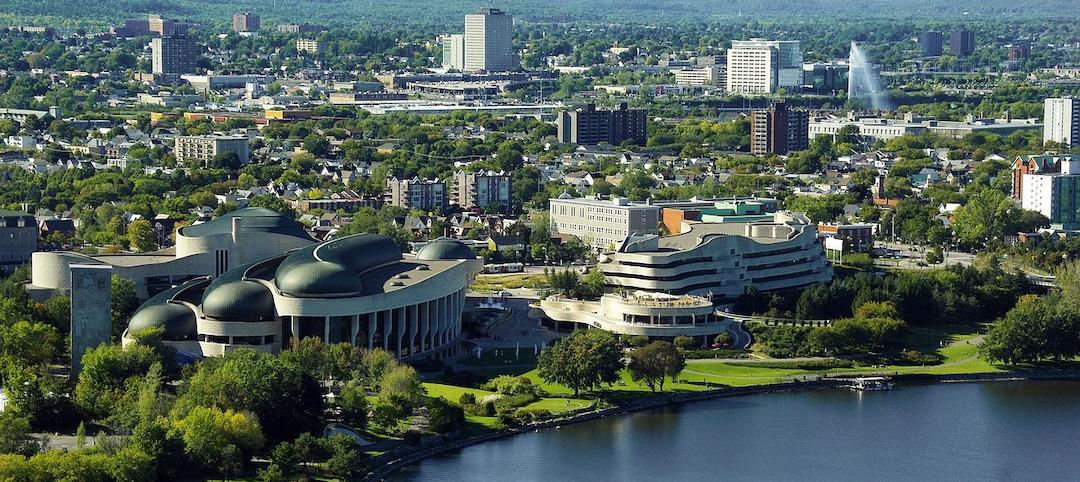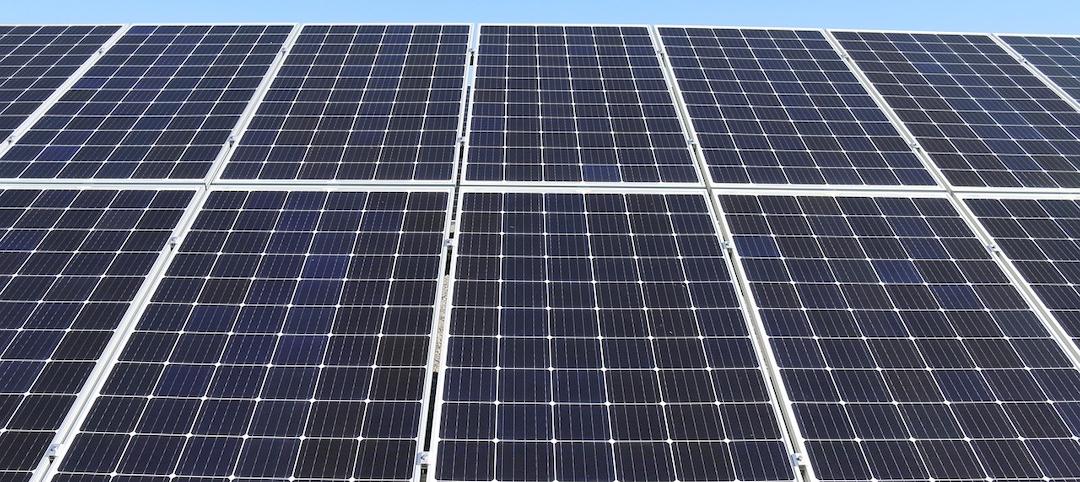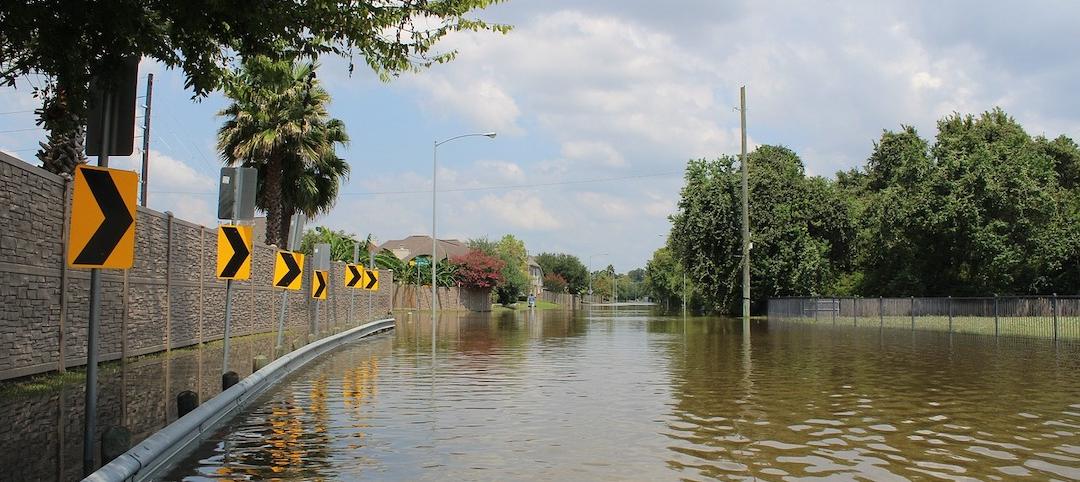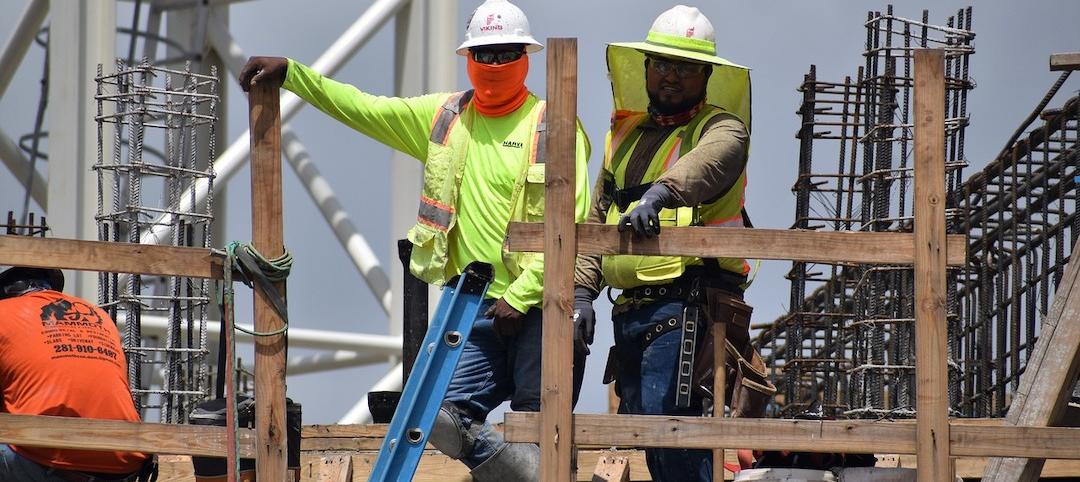The $1.2 trillion bipartisan infrastructure bill recently passed by the Senate includes hundreds of millions of dollars targeted for building energy efficiency.
The billions allocated in the bill include:
· $225 million for states to implement updated building energy codes and to train code officials and homebuilders to meet code
· $500 million for K-12 public schools and $50 million for nonprofits and churches to implement efficiency projects
· $550 million for the Energy Efficiency and Conservation Block Grant Program
· $250 million for Assisting Federal Facilities with Energy Conservation Technologies (AFFECT) grants
· $250 million to establish a state revolving loan fund for commercial and residential energy audits and $40 million for training auditors as part of the INSULATE Buildings Act
· $225 million for states to implement updated building energy codes and to train code officials and homebuilders to meet code
The bill also provides $100 million to accelerate deployment of digital construction technologies such as 3D modelling software and digital project management platforms. The bill heads to the House for approval before President Joe Biden can sign it into law.
Related Stories
Codes and Standards | Jan 19, 2022
Canada’s Trudeau seeking building codes changes, net-zero emissions building strategy
Prime minister also wants net-zero electricity grid by 2035.
Codes and Standards | Jan 18, 2022
Greater emphasis on building materials needed to achieve net-zero carbon offices
Engineered wood, straw, and bamboo can be keys to achieving goal.
Codes and Standards | Jan 17, 2022
AISC seeks comments on draft earthquake standard for steel buildings
Includes new limits for cross-sectional slenderness of steel columns based on latest research.
Codes and Standards | Jan 12, 2022
California’s wildfire building code significantly reduces structural loss
As other states consider upgrading their codes, Golden State provides useful model.
Codes and Standards | Jan 12, 2022
Regulator holding back climate-friendly, energy-saving equipment deployment, critics say
Heat pumps, solar power could be made more accessible for low-income communities in Massachusetts.
Codes and Standards | Jan 11, 2022
Cost hikes drive nearly one million renters out of homeownership qualification in 2021
Household income needed to pay a mortgage rose to $62,872 from $55,186.
Codes and Standards | Jan 10, 2022
New ratings services focus on climate risk for homeowners
Efficacy of models used in risk assessment varies.
Codes and Standards | Jan 6, 2022
Virginia contractors having a tough time finding diverse subs to meet state goals
Survey of primes may indicate similar issues at federal level.
Codes and Standards | Jan 5, 2022
Boston drops parking requirements for affordable housing
Measure expected to spur new projects.
Codes and Standards | Jan 4, 2022
Dept. of Energy Better Climate Challenge aims for 50% GHG emission reduction by 2030
Program offers technical assistance and peer-to-peer knowledge sharing.

















